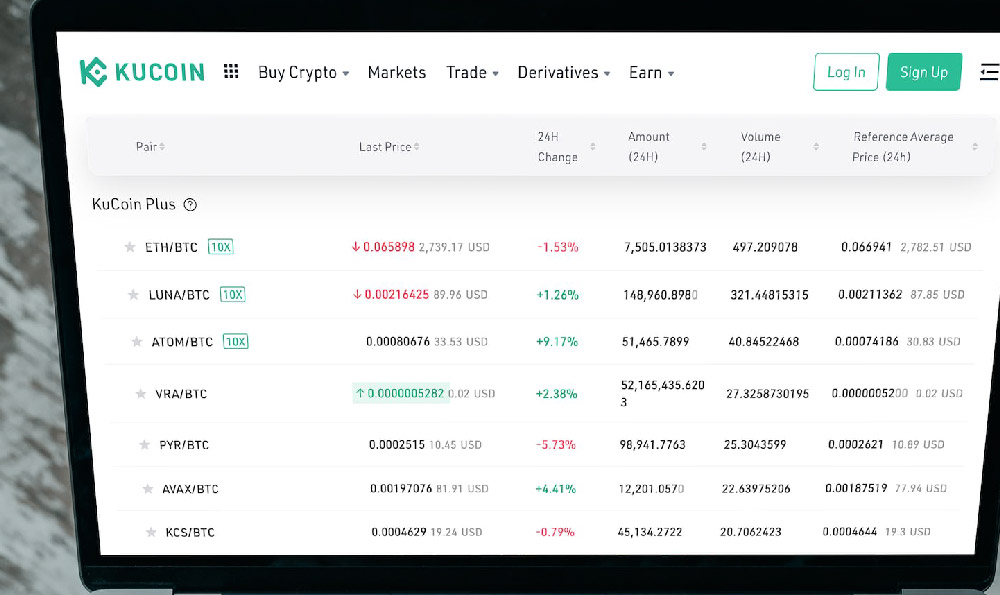how to write a book and earn money as an author
When embarking on the journey of becoming an author and leveraging your literary talents to generate income, the path is as much about strategic planning as it is about creative execution. The publishing landscape has evolved significantly, offering diverse avenues for writers to monetize their work while navigating the complexities of market demand, reader preferences, and the ever-changing digital ecosystem. To craft a successful narrative that aligns with both financial goals and creative aspirations, one must first understand the fundamentals of market research, content development, and sustainable monetization models.
The initial phase of this endeavor requires meticulous preparation. Before committing to a project, it is essential to analyze the current market trends, identifying gaps that your work could fill. This involves examining the popularity of genres, the performance of similar titles on platforms like Amazon, and the cultural zeitgeist to ensure your writing resonates with a target audience. Utilizing tools such as Google Trends, social media analytics, and reader surveys can provide actionable insights into what topics are in demand and how niche audiences might respond. For instance, if a particular genre is experiencing a resurgence in interest, aligning your work with that trend could enhance its commercial viability. However, this does not mean blindly following trends; rather, it is about finding a balance between market appeal and personal voice.
Once you have a clear understanding of the market, the next step is to refine your concept. A compelling story or informative piece requires not only a strong premise but also a well-structured approach to content creation. This includes outlining your chapters, defining your writing style, and ensuring the subject matter is both original and accessible. It is also crucial to consider the format of your book—whether it is a traditional print edition, an e-book, or a hybrid model. The decision should be based on factors such as cost, distribution channels, and reader accessibility. For example, self-publishing allows for greater creative control and faster time-to-market, but it also requires authors to manage marketing and distribution independently, which can be resource-intensive.

Monetization, however, is not solely dependent on the publishing method. The income potential of an author is influenced by a combination of factors, including the book's perceived value, the author's reputation, and the effectiveness of promotional strategies. Traditional publishing often involves advances, royalties, and contracts that can provide a steady income stream, but it also comes with the challenge of negotiating terms and waiting for the book to reach the market. Conversely, self-publishing offers the opportunity to retain higher royalties, but authors must invest time and resources into marketing, pricing, and distribution. To maximize earnings, it is advisable to explore multiple revenue streams, such as e-book sales, audiobook conversions, print-on-demand options, and ancillary products like merchandise or online courses.
The importance of branding cannot be overstated in the author's journey. Establishing a strong personal brand can significantly impact the visibility and success of your book. This involves creating a professional website, maintaining an active presence on social media platforms, and consistently engaging with your audience through blogs, newsletters, or podcasts. Additionally, building a readership through strategic partnerships, such as collaborations with influencers or participation in literary events, can enhance your credibility and expand your reach. For example, an author who regularly contributes to niche forums or engages in book clubs may cultivate a loyal readership that is more likely to purchase their work.
Balancing creativity with commercial viability is a delicate task that requires a continuous feedback loop. As an author, it is crucial to maintain the integrity of your work while being mindful of market demands. This can be achieved by conducting regular reader polls, analyzing sales data, and adjusting your content strategy accordingly. For instance, a non-fiction author might revise their book based on reader feedback to ensure it addresses the most pressing questions in their field. However, it is important to avoid compromising your artistic vision for the sake of profitability. A successful book should offer both value and uniqueness, which are key factors in attracting a dedicated audience.
Another critical aspect is the strategic use of technology. The digital age has transformed the way books are created, distributed, and sold, offering authors a range of tools to enhance their productivity and reach. Writing software, e-book formatters, and content management systems can streamline the publishing process, while online platforms provide opportunities for direct engagement with readers. Additionally, leveraging analytics tools to track reader behavior and adjusting your marketing strategy based on this data can improve your book's performance on platforms like Amazon and Goodreads. For example, understanding which sections of your book are most popular allows you to optimize your marketing efforts and guide readers through the content more effectively.
The path to financial success as an author is also shaped by the ability to adapt to changing market conditions. The publishing industry is dynamic, with new trends and technologies emerging regularly. Staying informed about these changes and being willing to adjust your strategy can ensure that your work remains relevant and profitable. This includes staying up-to-date with industry standards, experimenting with new formats, and exploring emerging markets, such as audiobooks or interactive content. Additionally, diversifying your portfolio by publishing in multiple genres or formats can reduce financial risk and open up new opportunities for income.
Ultimately, the journey of writing a book and earning money as an author is a long-term commitment that requires patience, persistence, and strategic thinking. While the initial success may not be immediate, consistent effort and a well-planned approach can lead to sustainable growth. By focusing on market research, content quality, branding, and technology, authors can navigate the complexities of the industry and maximize their earnings. It is also crucial to remain mindful of the ethical and legal aspects of publishing, such as copyright laws and fair compensation, to ensure that your work is both protected and profitable. As you embark on this journey, remember that the key to success lies not only in the creation of a compelling book but also in the ability to adapt, learn, and grow as a writer and entrepreneur.















